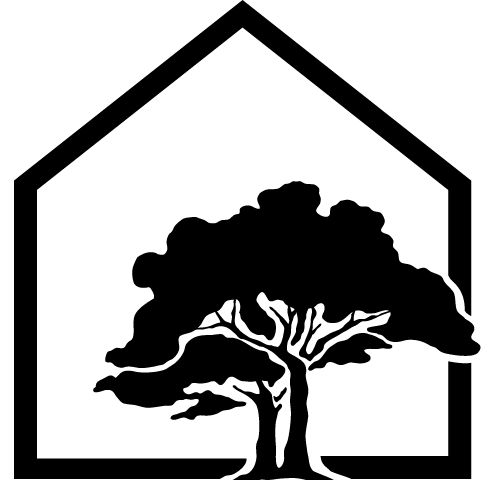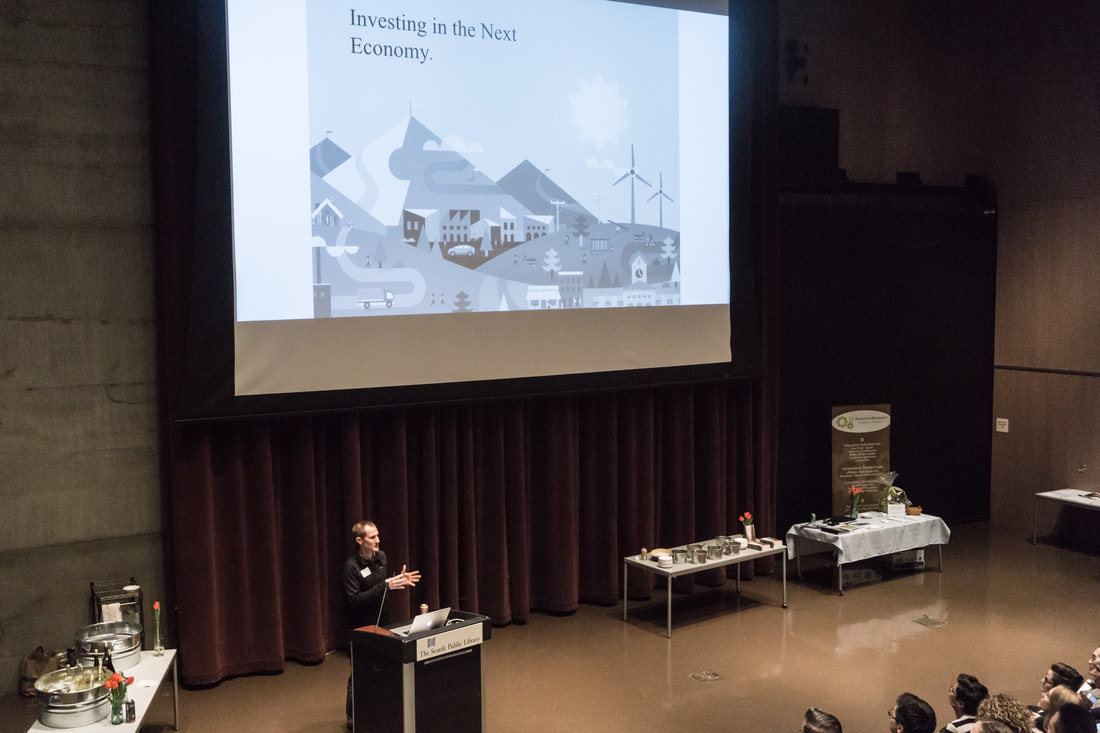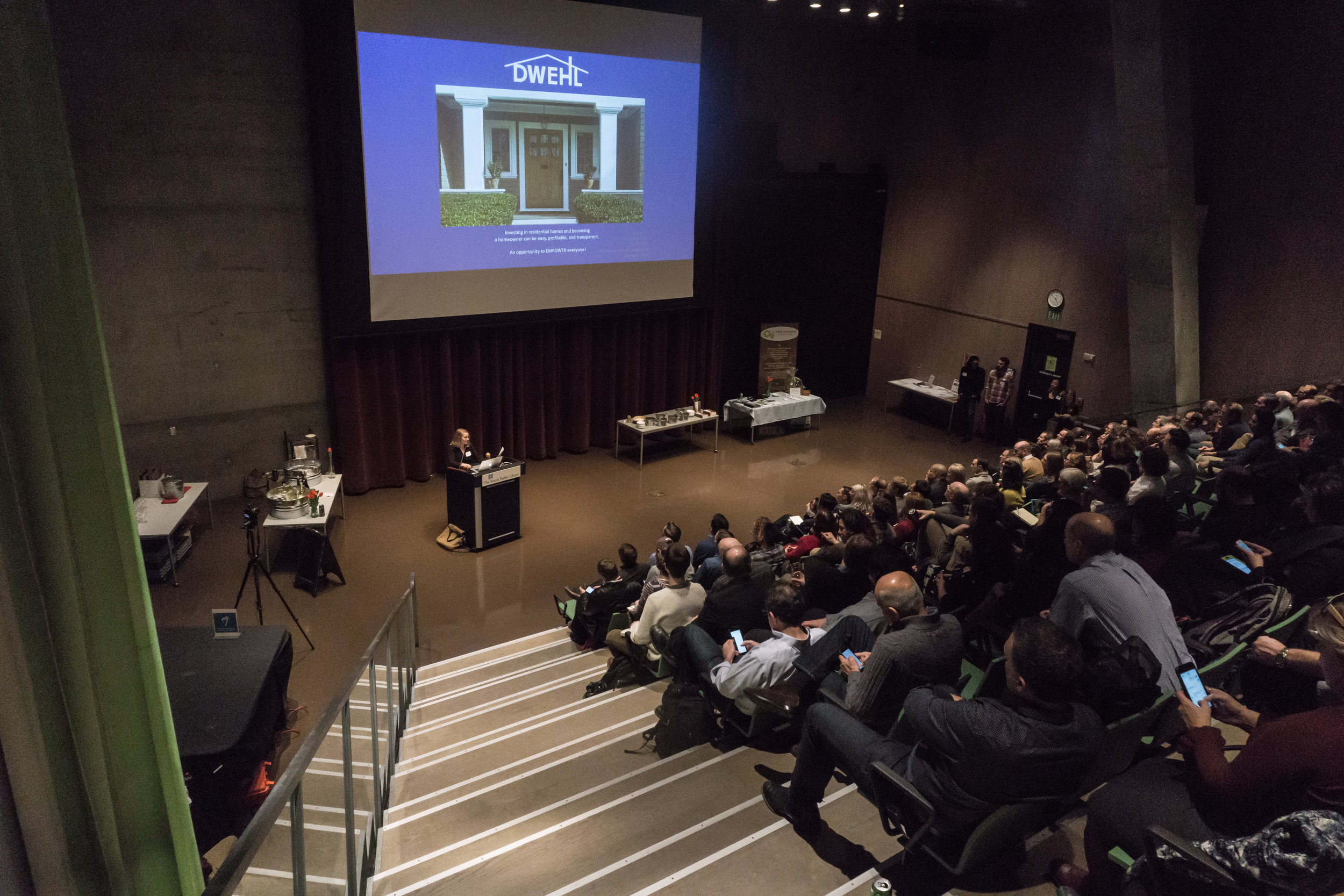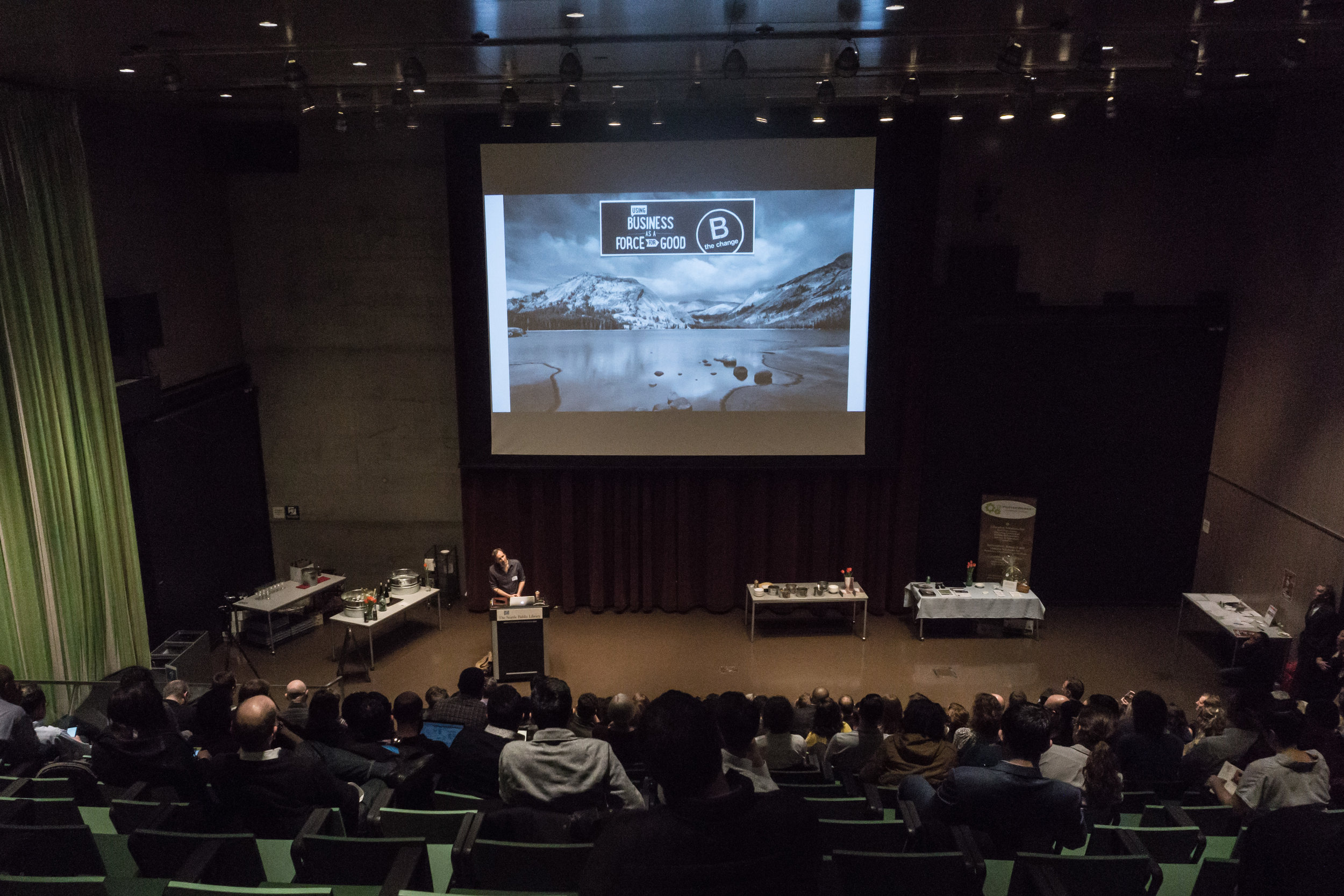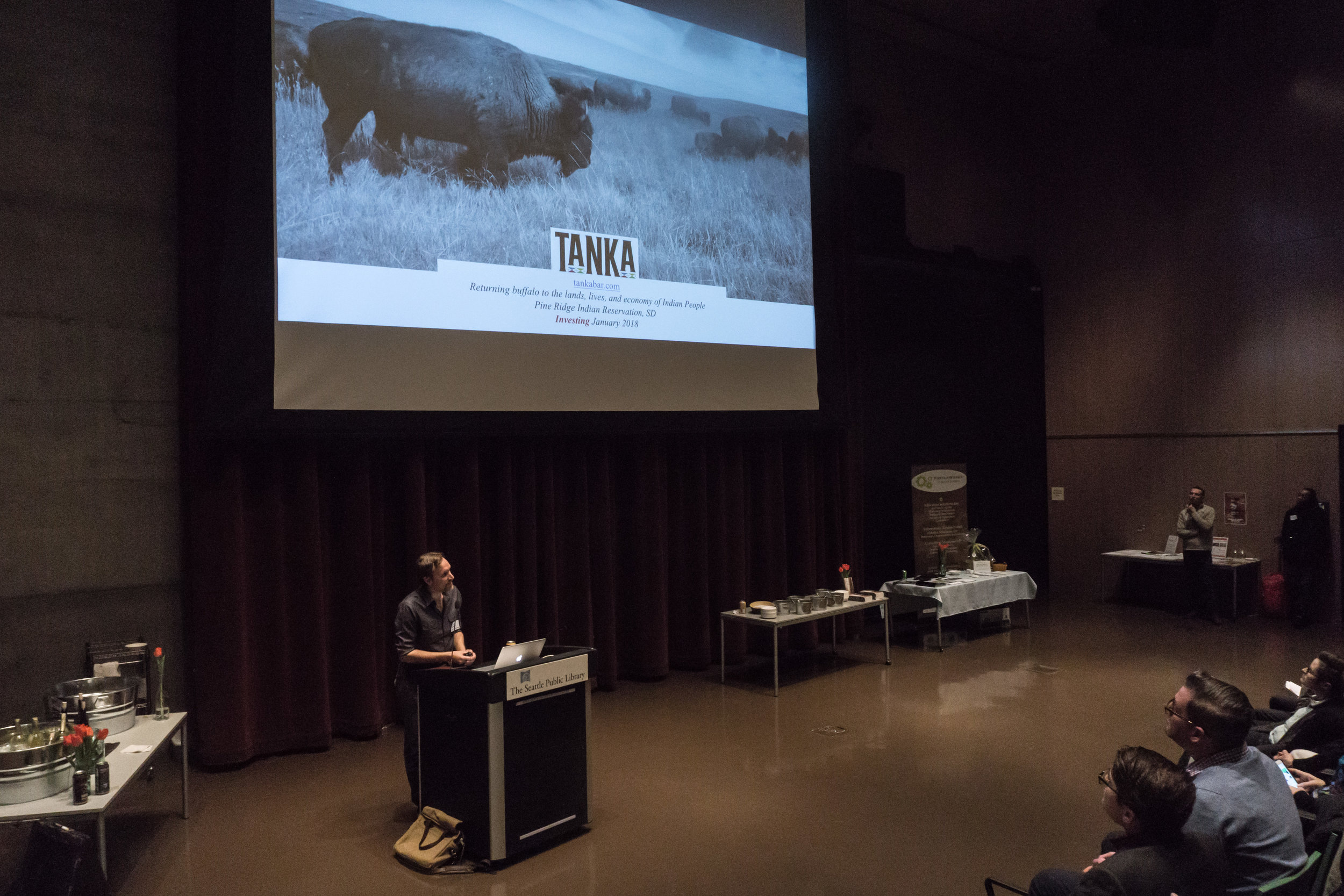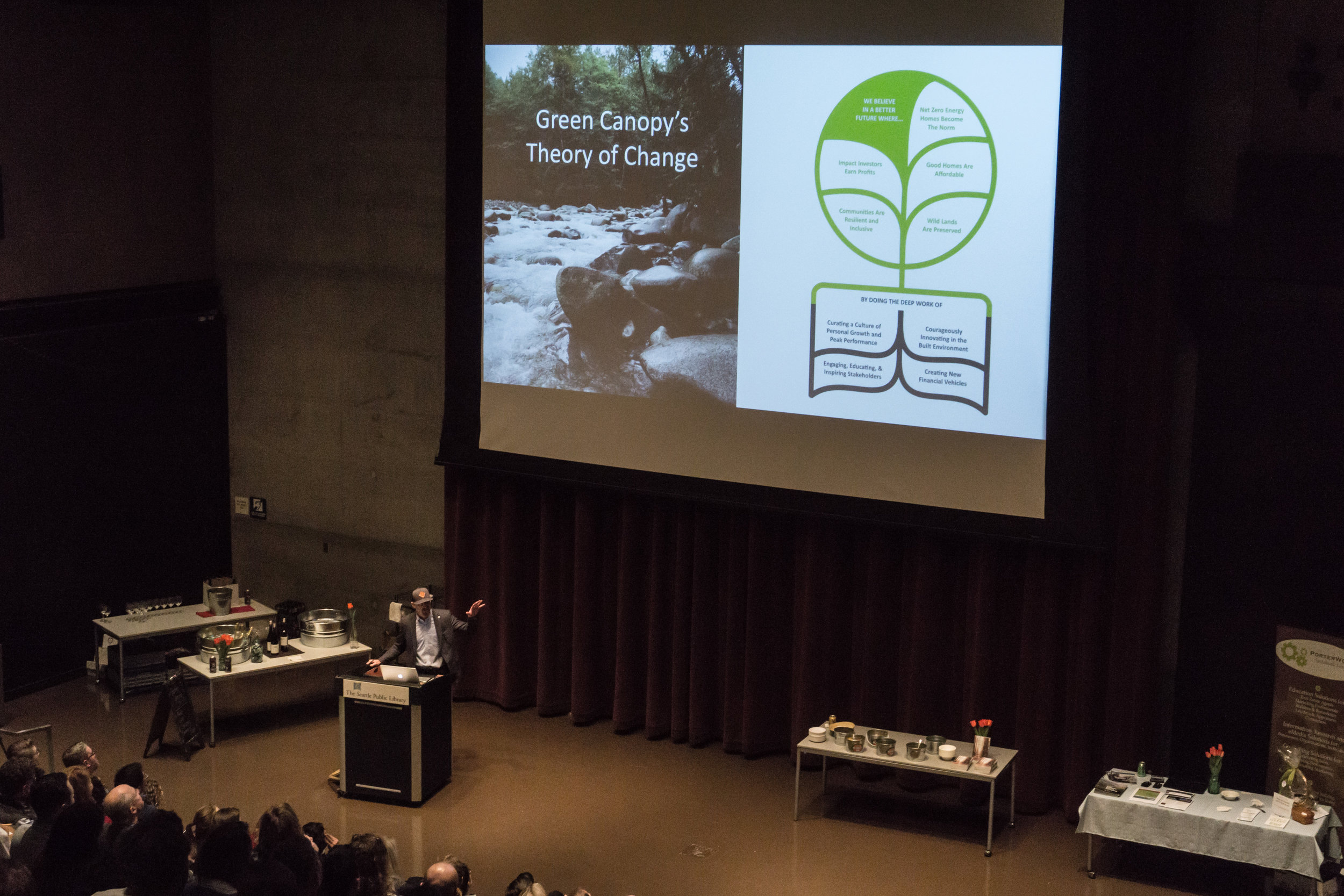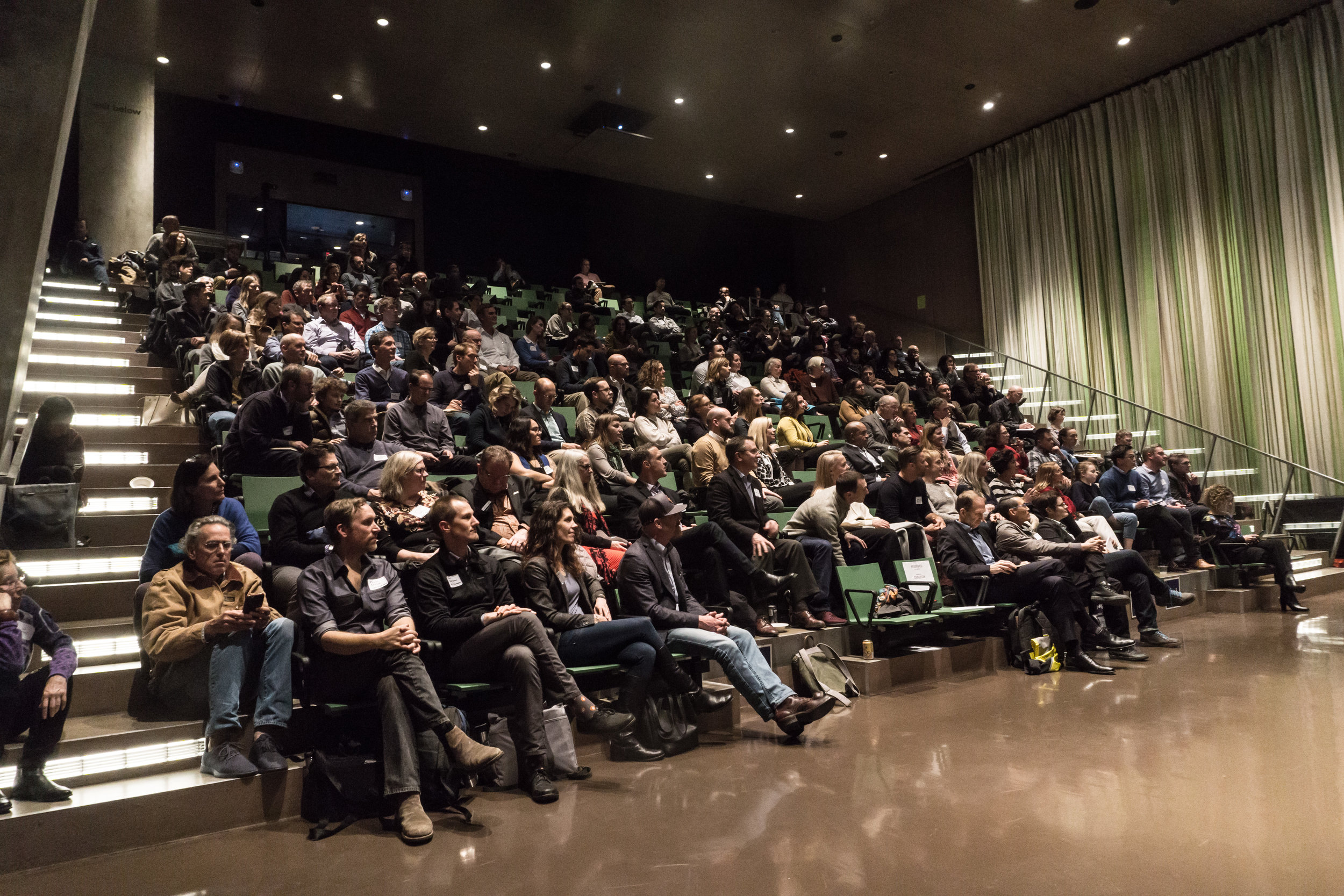By Kyle Mylius | Director of Investor Relations and Strategy | Green Canopy
Part one of this two-part series highlighted the residential real estate market opportunity in Seattle and Portland.
Why is now the time to use business as a force for good? The region’s economic growth and prosperity have fueled urgent social and environmental challenges. If we fail to mitigate these unintended consequences, the costs to do so in the future might very well swamp the near-term benefits and wealth our robust local economy generates today. Instead, we can respond now to the observed market signals and feedback loops by investing some of the capital generated into thoughtful, holistic and practical solutions to those social and environmental issues.
At Green Canopy, we embrace the Chinese dictum, “The best time to plant a tree was 20 years ago. The second-best time is now.” As a for-profit company backed by shareholders, we seek to make money and create long-term company value through various verticals in real estate. But we are also driven to create real estate projects and financing models that allow us to live into the world we envision as manifested within our Theory of Change. This compels us to use a portion of the company’s resources to create vitally important social and environmental value for our shareholders, homeowners and neighbors who collectively make up the fabric of the communities in which we live, work and play.
We do this by running toward these challenges and recognizing them as opportunities. For example, we help mitigate global warming by building net zero energy homes. In so doing, we create value in new homes — value that home buyers, renters, banks and appraisers will increasingly recognize. In time, more and more home builders and will want to capture that value and build to a net zero energy standard, making meaningful progress toward slowing our local impact on global climate change.
Beyond this very practical business imperative, lies an awareness within Green Canopy that our built environment has tremendous impact on the natural environment. We recognize that we have a responsibility as a real estate developer to change the ways homes are built and perform. Therefore, we endeavor to design homes to have increasingly less impact on the Earth compared to typical “code built” homes. And aspire to ultimately design and build homes as carbon sinks and regenerative structures that help reverse global warming.
We need to find ways to alter humanity’s relationship with the environment, and have the courage to execute those new ideas. I’ve come to believe that each person should shoulder some of the responsibility for not only adhering to environmental best practices but for creating new, practical models for protecting our world. We owe the world our physical labour and our earnest brain power.
-Dan O’Brien, Food for Thought: How a buffalo herd taught me to be a responsible capitalist, Beside magazine Vol 2
We cannot succeed in our goals if we serve only the wealthy. Net zero energy homes should be accessible to all homeowners and renters, including the 35 million Americans who spend an inordinate amount of their income on energy bills. Accordingly, Green Canopy is expanding inclusivity in the urban neighborhoods we serve. We are doing this by creating investment structures that attract like-minded investors, enabling us to scale our work and build more affordable homes within desirable urban neighborhoods.
We are often asked, “Why?” Or even, “We get that environmental sustainability, and features like net zero energy can also be financially profitable. But can’t you just let non-profits and public agencies tackle housing affordability?” Our answer is a resounding, “No.” As systems thinking has taught us, social and environmental problem sets are inextricably linked. Solving for one without considering the other would be an inefficient and potentially even counterproductive use of capital.
Traditional urban residential development approaches and financing tools perpetuate multi-generational and systemic exclusion and inequality. The magnitude of the challenge demands a multi-pronged solution, as expanded on in the Seattle Times and and the New York Times. We are driven by more than a sense of moral obligation, more than an opportunity to both make money and do good. We do this work because we and our stakeholders enjoy power and privilege that — absent of taking a different approach — will only perpetuate and expand social injustice and environmental degradation in the place we all call home.
As long as we participate in social systems, we don’t get to choose whether to be involved in the consequences they produce. As such, we can only choose how to be involved, whether to just be part of the problem, or also to be part of the solution. That’s where our power lies, and also our responsibility.
-Allan G. Johnson, Privilege, Power and Difference
Another question we get is, “So what is the cost for doing this work?” We have calculated the costs and it’s not as much as most assume, whether measured in profit margin to the developer or financial returns to investors. And what is often underappreciated, in part because it is harder to measure and quantify, are the benefits of reduced risks to the developer’s brand, the costs of obtaining permits and entitlements, and the ability to sell homes and differentiate value in a competitive market, to name just a few. Similarly, investors who back our work are taking a long-term perspective in seeking sustainable value creation and financial returns that do not extract value at the expense of others and the environment.
The stakeholders of Green Canopy work in earnest to use our time, talent and capital to harness the economic growth and prosperity of our region for the benefit of all. We acknowledge now is the time to engage and use business as a force for good, with more inclusive and less extractive approaches and business models than before — recognizing our power and privilege must be used responsibly and ethically. The time to plant the proverbial tree is now.
